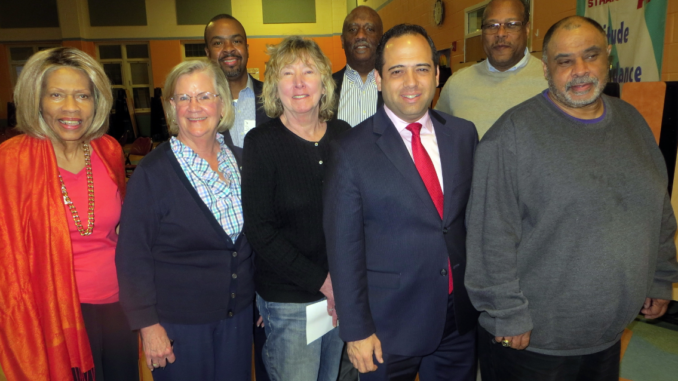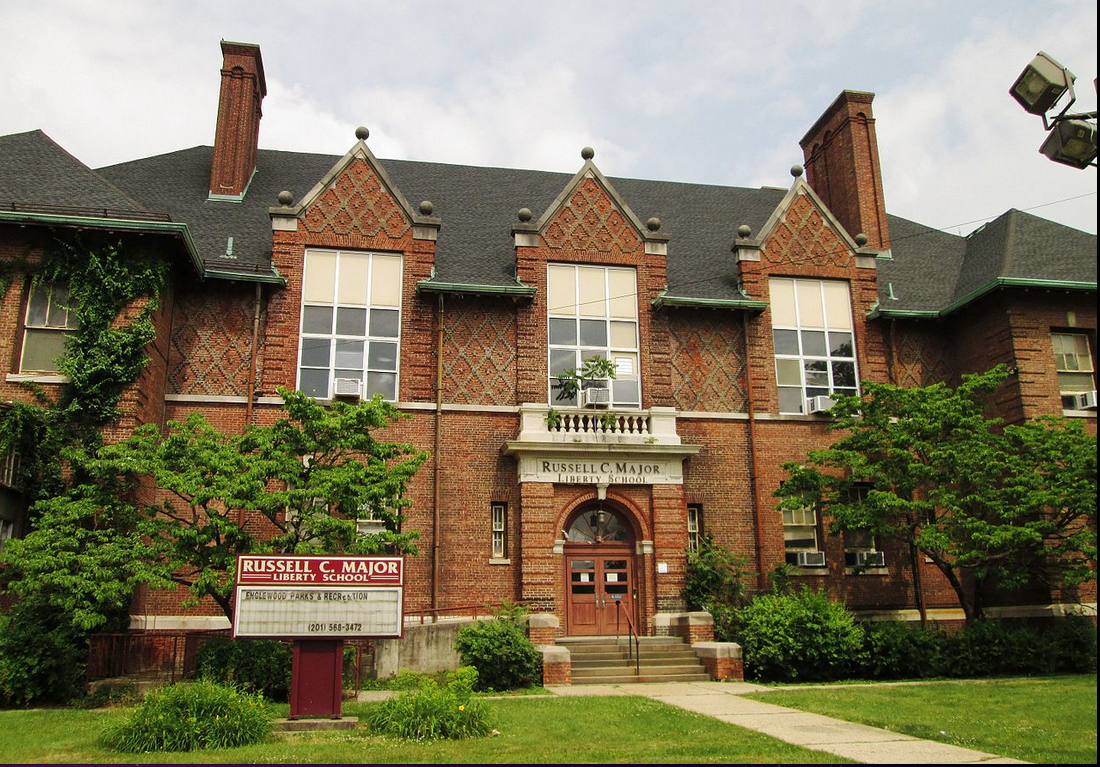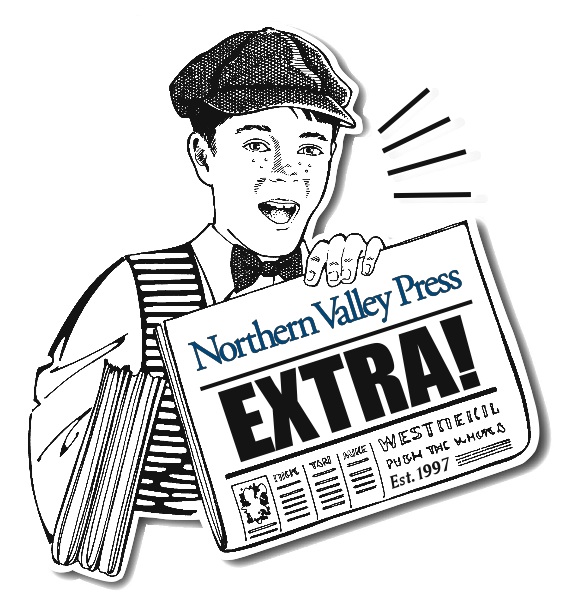
ENGLEWOOD, N.J.—On May 15, a community meeting of Englewood residents took place at the Dr. John Grieco Elementary School from 7:00 to 8:30 pm. The topic was establishing the feasibility and issues involved in building a community center/space in Englewood.
This was the first of several planned meetings—titled “Community Center: Facts, Perspectives and our Future.”
It was hosted by Joyce Dudley, president and founder of Dudley Hamilton Associates, who was hired by the city for the project.
“This was advertised as a forum, but it is really a workshop, a venue for residents to actively network with one another,” Dudley said.
Dudley believes that there is more than one issue involving a community center. There needs to be agreement on its purpose, value and impact and the use of land.
Also at stake is the city’s complex demographic mix all of whom have a growing number of issues and needs. A main problem at the root of the issue is the increasing polarization and lack of alignment in Englewood that is affecting the move towards building a community center.
As such, the topic of conversation about a community center in Englewood has been going on for over 30 years. This includes outreach forums at local churches as well as city council sessions in which members assessed the values and interests of residents from a wide range of backgrounds.
Ten years ago, two town hall type meetings were held and a comprehensive report was submitted to the council on developing a community center/space, but no action was taken.
There have also been discussions amongst hundreds of people hosted by the not-for-profit Northern New Jersey Community Foundation (NNJCF) in Englewood.
Project Liberty
Since 2003, there has been public support led by “Project Liberty” for repurposing the Russell C. Major Liberty School, a 117-year-old structure currently in disrepair as a site for a community center. NNJCF Founder and President Michael Shannon met with engineers and other experts who have successfully converted open spaces into community centers in different communities and NNJCF sponsored several consultant presentations before the City Council on preserving and reusing the Liberty School.
To date, none of these initiatives has been able to make a community center a reality, and in early 2018, the Planning Board and City Council designated the Russell Major Liberty School as an area in need of redevelopment.
‘The first of a series of resident forums’
In this current series of meetings, Dudley hopes to create a course of action that will benefit all Englewood residents.
“Englewood today is a function of what has occurred in the past. Englewood tomorrow is a function of what we start doing together today,” she said.
The May 15 meeting began with Council President Katharine Glynn welcoming several dozen residents in attendance, including community leaders, such as Councilmen Wayne Hamer, Charles Cobb and Michael Cohen, former-Mayor Sandy Greenberg, NAACP Bergen County President Jeff Carter and Bergen Family Center Vice President Liz Corsini.
After Glynn’s welcome, Hamer said, “We have to discuss what a community center is, whether we need a community center and want one and what it takes to build a community center.”
“We have to understand that not everyone in this room wants the same thing, so we have to start a real conversation,” Glynn said.
Dudley next addressed the group, assisted by her colleague Newell Eaton, and reinforced Hamer’s credo that “To enact change, people need to be willing to listen, learn and share.”
To that end, Dudley explained that she would be conducting inclusive workshops around specific topics, held in different parts of the city. These topics include:
• What we see in common about the type of city different residents want Englewood to become.
• Leveling the playing field around trends in community centers and strategies for funding and sustainability.
• Broadening focus to include diverse perspectives and take a broader view of the value to the entire community.
• Engaging residents during and between sessions in active deliberation and consideration of options going forward.
Dudley reported that since November 2018, she has conducted formal and informal interviews with 75 residents throughout all areas of Englewood. The goal of this initiative was to create a process that seeks to build bridges in planning for a better future for the city.
“During that time, I’ve seen a broadening of interest for a community center,” she said.
Dudley asked people to state their definition of the word “vision,” something that is essential to create a community center. After several responses, she outlined her own vision for Englewood based on themes from the data she had gleaned:
1) Strong public education system with high performing and confident students from all backgrounds.
2) People with different backgrounds interacting and learning from each other.
3) Focus on what’s best for the entire community.
4) A model diverse community that people want to live in and continues to receive support for its efforts as cities around the world learn from its experiences.
5) All residents are seen as adding value to the community and are treated accordingly.
6) A place where residents feel safe no matter where they are in the city.
After Dudley made a slide presentation with this information, she conducted a series of group activities. First, she asked everyone to introduce themselves to someone sitting nearby that they didn’t know and tell them something about themselves.
With the help of Eaton, Dudley then designated four sections of the cafeteria where the workshop was being held, announced that these areas represented the city’s four wards and asked everyone to go to their ward area and chat with fellow residents and share their perspectives on what a community center should be.
In another scenario, Dudley asked people to arrange themselves in groups of three and discuss what they liked about Englewood, what they felt were Englewood’s greatest challenges and what would make them want to stay in Englewood/leave Englewood. These comments were written on cards and given to Dudley.
In the final exercise of the evening, everyone was given strips with sticky circles and asked to go around the room and put a sticker in the appropriate space on six targets depending on their level of interest in each of the statements on the target, ranging from “extreme interest” in the bullseye to “no interest” in the outer ring. The statements corresponded to the six elements of the vision that had arisen from her data (listed above). Almost all the stickers were placed in the bullseye of every target.
The topics for the next three forums (whose dates will be announced soon) were presented in a flyer:
• Session Two: “Community Centers: Types and Trends.”
• Session Three: “Community Center: Funding and Sustainability Possibilities, and, Session Four: Strategic Alternatives.”
Dudley also confirmed that at the next meeting, sub-committees would be created to facilitate the project forward. She confirmed the meetings could be made available in Spanish and to people with special needs.
As they were exiting the room, people were given a sheet to be filled out and submitted. It listed services provided by a community center and everyone was asked to check off the five services that they felt were most important. The list included: athletic facilities (both indoor and outdoor), childcare, fitness classes, multi-use space available for rent, park, performance space for concerts and an art gallery, playground, senior services, summer camp, police athletic league and youth activities.


